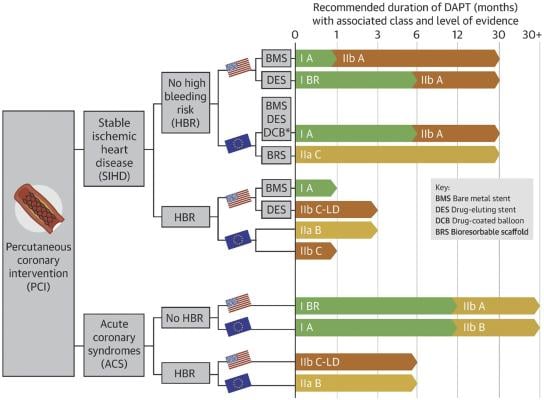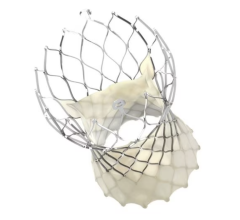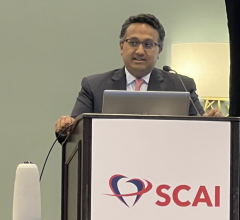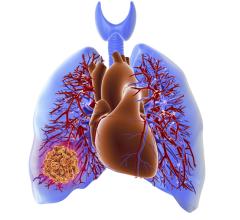
February 9, 2022 — A newly released expert consensus statement on sex-specific considerations in myocardial revascularization aims to summarize available literature on myocardial revascularization in women and identify important gaps in evidence. The document was published today in the Journal of the Society for Cardiovascular Angiography & Interventions (JSCAI), the official journal of SCAI.
Cardiovascular disease is the leading cause of death and disability in women globally, claiming the lives of nearly 8.5 million women each year. Utilization of cardiovascular procedures is far lower in women than men, and women continue to be underrepresented in cardiovascular clinical trials, severely limiting the opportunity to better understand sex differences in cardiovascular drug or device outcomes. Current practice guidelines do not address gender-based differences and fail to highlight when insufficient evidence exists regarding cardiovascular outcomes in women, resulting in overall poorer outcomes.
“This consensus is an international collaborative effort that highlights the knowns, the gaps and ambiguities in evidence related to sex-specific revascularization,” said Alexandra Lansky, MD, FSCAI, Chair of the document, Professor of Medicine in the section of Cardiology at the Yale School of Medicine and a practicing cardiologist at Yale-New Haven Hospital. Lansky is also Editor-in-Chief of JSCAI. “As a companion to the recent percutaneous coronary intervention (PCI) guidelines, it will inform clinicians on best practices most relevant to our female patients and draws attention to areas in need of additional evidence,” Lansky continued.
The paper explores gaps in evidence in several areas including the epidemiology of ischemic heart disease, diagnostic tools to guide coronary revascularization, revascularization for chronic coronary syndromes, revascularization for non-ST-elevation myocardial infarction (MI) and ST-elevation MI, and revascularization consideration for specific patient populations, vascular access in women, and more.
“Physicians can use this consensus document to inform their discussions with female patients on the risks and benefits of coronary revascularization,” said J. Dawn Abbott, MD, FSCAI, Co-Chair of the document and Professor of Medicine and Director of the Interventional Cardiology Fellowship Training Program at Brown Medical School. “An understanding of the limitations of the data is important in this regard,” Abbott concluded.
Authors of the paper state that while the evidence supporting clinical decisions in women is lacking, these findings are important to guide prospective investigation and establish research priorities.
For more information: www.scai.org


 May 05, 2025
May 05, 2025 









